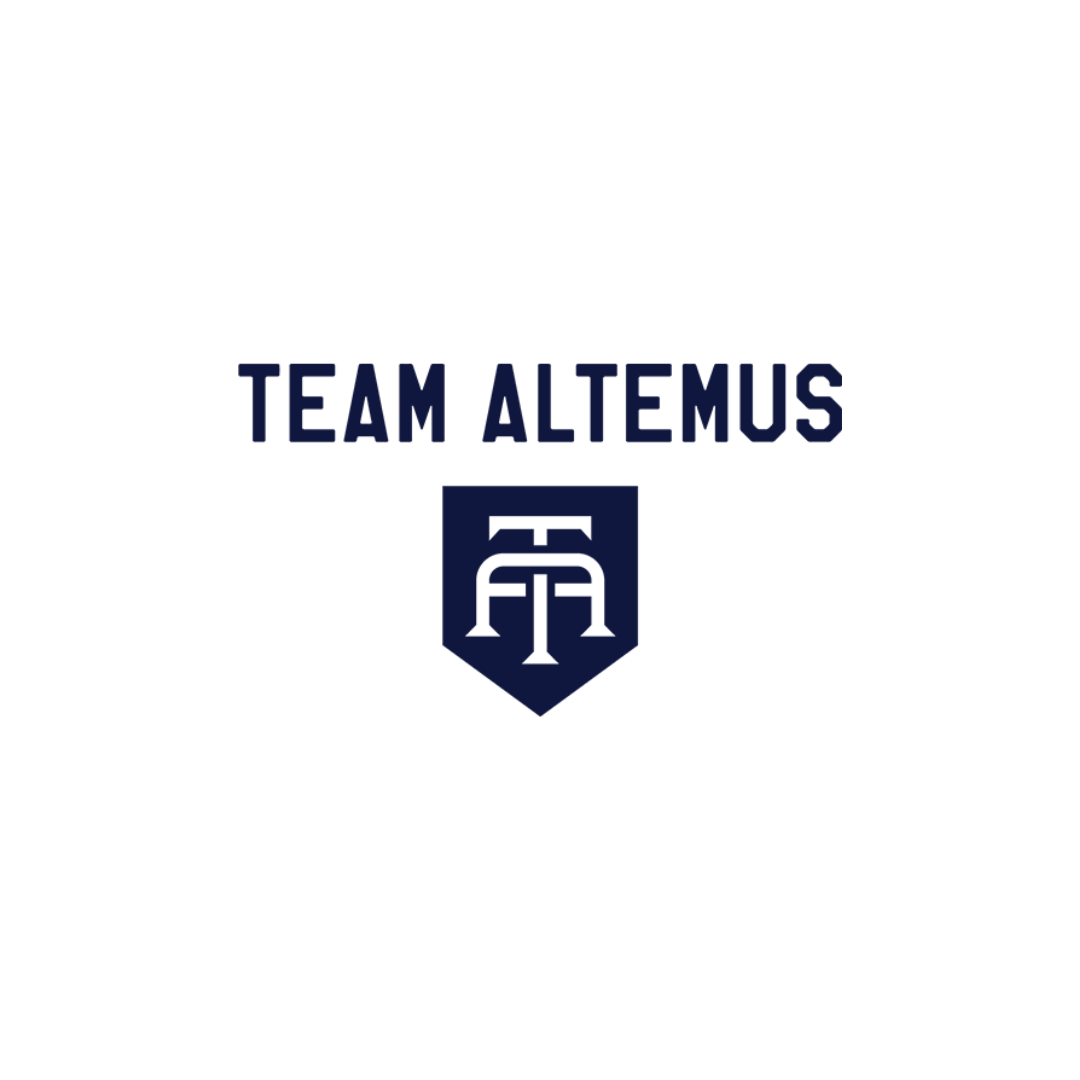I am a content strategist. And generally speaking, that means I build custom content plans for businesses. More specifically, I help sports technology businesses - big and small - conduct the upfront high level strategy for their content so they can become an active part of the discussions happening around them in their unique industry.
But that’s just the start of it all, really.
You see, content strategy is a blanket term for many things, and one of the things that is tucked under that blanket is media monitoring.
Media monitoring is scouring the news for content that is relevant to your business and, if you are a B2B business, your target customer’s business. Yes, I made this definition up. But trust me, it’s accurate.
Media monitoring is scouring the news for content that is relevant to your business.
I’m sure you’re thinking, “duh, I read relevant news and study my industry constantly…” And I’m sure you do. Really, I am. But I’m here to tell you that you aren’t doing enough of it. Sure, you may be scrolling through Twitter eight times a day, cherry-picking relevant stories that you find interesting. You may be reading the Wall Street Journal or New York Times every day, but it’s still not enough.
Photo by AbsolutVision on Unsplash
Don’t seek out the news; let the news come to you.
What if I told you there was a way to scrape the entire internet for news that is relevant to your business and have those articles sent directly to you each morning?
I’m telling you that it’s possible. You can even do it for free. Yes, FREE.
As a business owner in today’s digital environment, you really need to be monitoring all of the news that’s out there that may be relevant to your business or your audience. This way you won’t miss anything. And this way, you can begin to understand what content is actually valued by your potential customers and what beats and writers you should be paying close attention to.
In my experience building content strategies for small businesses, I’ve come to realize that not many of them have invested in media monitoring. Most likely because they haven’t the time or the money to do so.
Or so they think.
Media monitoring has become very advanced, and yet, remains very simple.
Ready for the juicy stuff? Get your pen.
There are dozens of services out there that scan the media for news based on Boolean keyword searches and alerts. And it’s no surprise (or maybe it is!) that Google has a free version in Google Alerts. This funky little tool allows any human being to set up automated alerts around keywords or phrases that they want to monitor.
Interested in getting an alert when a competing startup gets their second round of funding?
Give Google Alerts a whirl. You’ll be pleased.
Because what you’ll be getting is a daily (or weekly, monthly) digest of all of the news that matches the keywords and phrases you told Google to find for you. And the results are truly remarkable. You will see every (no promises on every) article that contains the word “startup” in its headline from the previous day of content. When I say day, I mean, literally all of the content that was published on reputable platforms on the internet that day.
You won’t miss much. You’ll just need to scan the feed each time you receive it. And you can still read your favorite newsletters. You can still scroll twitter for news. But, my guess is that if you set yourself up on Google alerts the right way, your stress level will go down. You’ll sleep better at night knowing that you probably didn’t miss any big news that day.
And that right there is value in and of itself, isn’t it? Because lower stress = happier, more informed you.
It really is that easy, and of course, it can be easier if you pay for it.
Once you see the power of media monitoring, you’ll be hooked. I personally find it thrilling, which I guess makes me an information nerd, but hey, everybody has their thing right?
Monitoring is not super complicated, as I mentioned above. But it can be expensive when done well. Established services like Cision, TrendKite, Meltwater, MuckRack and Mention are out there just chomping at the bit for a piece of your marketing budget. And they will cost you between $5k and $10k per year to access their tools. Maybe more.
What these tools offer that Google alerts does not are bells and whistles like keyword analytics and social media monitoring, among other things. Really cool things that you probably don’t even know exist.
Do you need those things?
Well, I guess that’s up to you. But if you’re just getting started, my recommendation is to go straight into your Google account. Today. Like, now. And start setting up some alerts. Start with wider keywords and phrases. Look to Google’s help resources for tips on building good search phrases, and you’ll be on your way to creating your own custom news digest. Delivered to you daily. Just for you and your business.
For more tips and tricks on how to build content that serves your business and your customers, sign up for my newsletter.
Read the series: Content, Yes You Can!.












